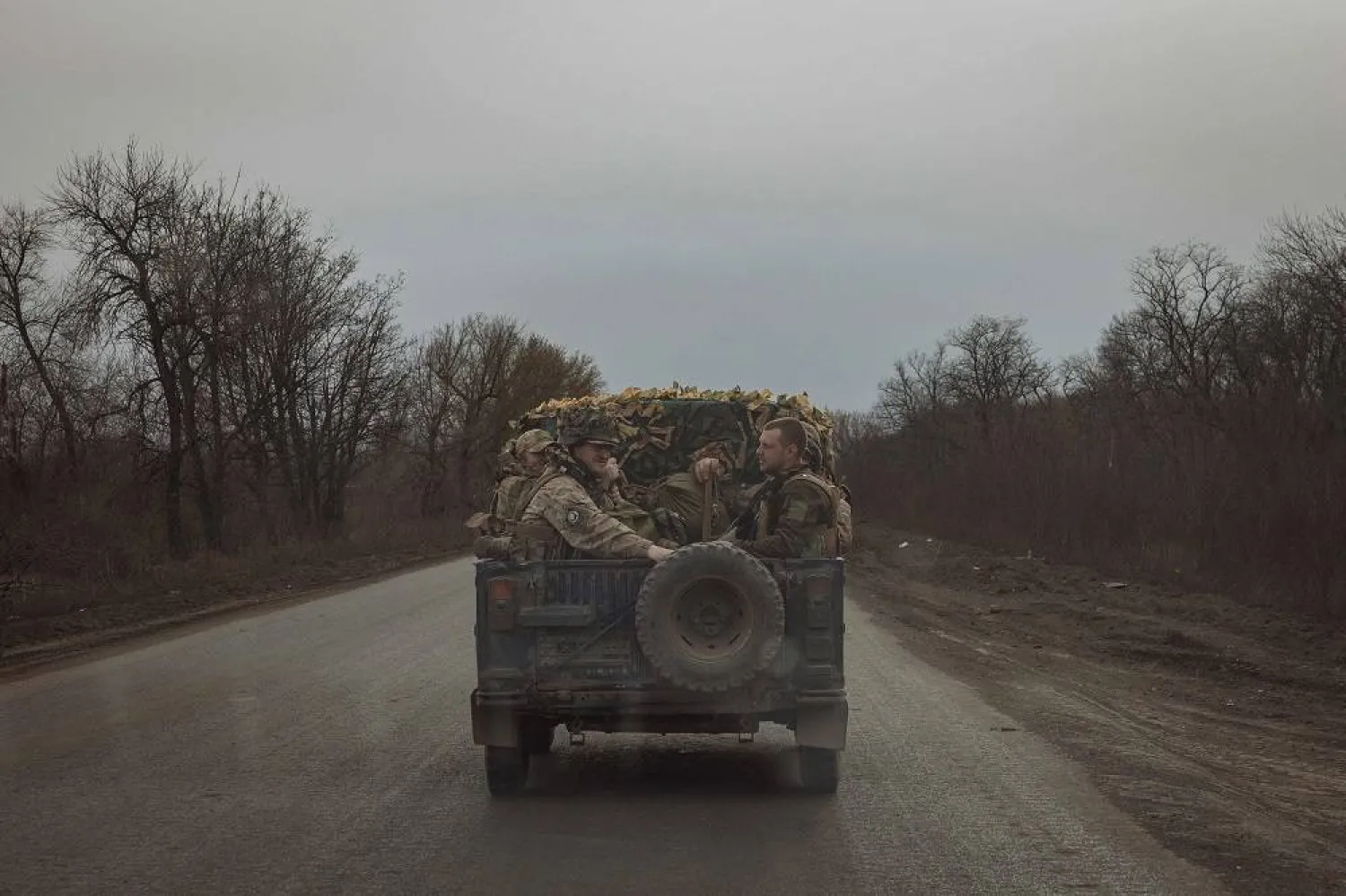Ukraine on Wednesday lowered the military conscription age from 27 to 25 in an effort to replenish its depleted ranks after more than two years of war following Russia’s full-scale invasion.
The new mobilization law came into force a day after Ukraine President Volodymyr Zelenskyy signed it. Ukraine’s parliament, the Verkhovna Rada, passed it last year.
It was not immediately clear why Zelenskyy took so long to sign the measure into law. He didn’t make any public comment about it, and officials did not say how many new soldiers the country expected to gain or for which units.
Conscription has been a sensitive matter in Ukraine for many months amid a growing shortage of infantry on top of a severe ammunition shortfall that has handed Russia the battlefield initiative. Russia’s own problems with manpower and planning have so far prevented it from taking full advantage of its edge.
The average age of Ukrainian soldiers, like those on the Russian side, is around 40, military analysts say. Some Ukrainians worry that taking young adults out of the workforce will backfire by further harming the war-ravaged economy, but the problem reportedly has become acute as Kyiv girds for an expected summer offensive by the Kremlin’s forces.
Zelenskyy has rarely mentioned the mobilization issue, and parliament has held long and inconclusive debates about it in recent months.
Last December, Zelenskyy said Ukraine’s military wanted to mobilize up to 500,000 more troops. But he said he had asked the top brass to spell out the details on what is “a very sensitive matter” before deciding whether to grant their wish.
Such a major mobilization would cost Ukraine the equivalent of $13.4 billion, Zelenskyy said at the time. Other aspects to be considered include whether troops currently on the front would be rotated or allowed home leave, he said.
The need for a broad mobilization to beef up the number of Ukrainian troops reportedly was one of the areas of disagreement between Zelenskyy and Gen. Valerii Zaluzhnyi, the popular commander in chief of Ukraine’s armed forces whom the president replaced in February.
Ukrainian Defense Ministry statistics say the Ukrainian military had nearly 800,000 troops in October. That doesn’t include National Guard or other units. In total, 1 million Ukrainians are in uniform.









